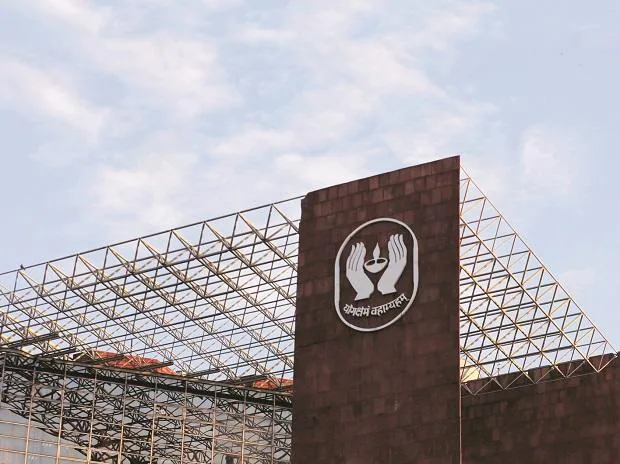Profits of insurers, manufacturing firms cannot be compared, says LIC chief – Business Standard

LIC Chairman M R Kumar on Monday said profits of insurance companies cannot be compared with that of manufacturing companies as dynamics of the businesses are different.
“Profit of insurance companies compared to other companies like manufacturing are different. In terms of surplus generation, more than Rs 50,000 crore (has been) generated in the past two years,” he said during an interaction with reporters.
Out of the surplus, 95 per cent was going to policyholders. “When you look at 5 per cent, it appears to be small in size but then really it is not so,” he noted.
Going forward, Kumar said the surplus distribution pattern is going to change.
The surplus in respect of the participating fund will be allocated between policyholders and shareholders in the ratio of 95:5 for fiscal 2022, 92.5:7.5 for each of fiscal 2023 and fiscal 2024, and then 90:10 from fiscal 2025 onwards.
The company’s focus on non-participating (non-par) products are going to improve profitability further, he said, adding that profit for life insurance companies comes from policies sold.
Last month, LIC reported a profit after tax of Rs 1,437 crore for the first half of the financial year 2021-22 as compared to Rs 6.14 crore in the year-ago period.
As per the Draft Red Herring Prospectus (DRHP) filed by LIC for an IPO last week, insurance claims by death increased during the pandemic.
“For Fiscal 2019, Fiscal 2020, Fiscal 2021 and the six months ended September 30, 2021, our insurance claims by death in benefits paid (net) were Rs 17,128.84 crore, Rs 17,527.98 crore, Rs 23,926.89 crore and Rs 21,734.15 crore, respectively, on a consolidated basis, which were 6.79 per cent, 6.86 per cent, 8.29 per cent and 14.47 per cent of total insurance claims, respectively,” it said.
Number of death claims reported during 2019-20 was 7,58,916 which further increased to 9,46,976 in 2020-21 and 7,93,384 in the first half of current fiscal.
LIC’s Initial Public Offering (IPO) proposes to raise Rs 63,000 crore by selling 5 per cent government stake through Offer For Sale (OFS).
The public issue would be the biggest IPO in the history of the Indian stock market. The IPO is expected by March and the proceeds would be crucial to meet the government’s revised disinvestment target of Rs 78,000 crore in the current fiscal.
LIC’s share capital was raised from Rs 100 crore to Rs 6,325 crore during September last year to help facilitate the IPO.
(Only the headline and picture of this report may have been reworked by the Business Standard staff; the rest of the content is auto-generated from a syndicated feed.)
Dear Reader,
Business Standard has always strived hard to provide up-to-date information and commentary on developments that are of interest to you and have wider political and economic implications for the country and the world. Your encouragement and constant feedback on how to improve our offering have only made our resolve and commitment to these ideals stronger. Even during these difficult times arising out of Covid-19, we continue to remain committed to keeping you informed and updated with credible news, authoritative views and incisive commentary on topical issues of relevance.
We, however, have a request.
As we battle the economic impact of the pandemic, we need your support even more, so that we can continue to offer you more quality content. Our subscription model has seen an encouraging response from many of you, who have subscribed to our online content. More subscription to our online content can only help us achieve the goals of offering you even better and more relevant content. We believe in free, fair and credible journalism. Your support through more subscriptions can help us practise the journalism to which we are committed.
Support quality journalism and subscribe to Business Standard.
Digital Editor




